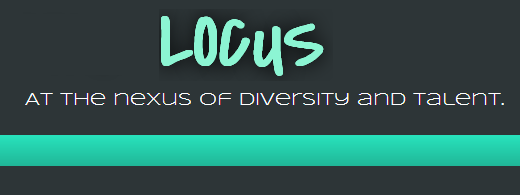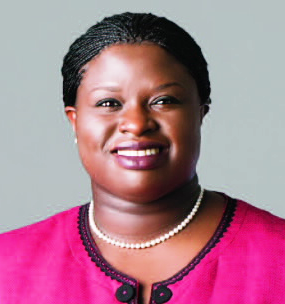Assistant Director of Multicultural Programs and Services
Below you will find the details for the position including any supplementary documentation and questions you should review before applying to the opening. We highly encourage you to gather any required application materials before starting the application, especially if there is a application deadline. To apply to the position, please click the Apply to this Job link/button. If needed, you may save draft copy of your application and return to it a later time. Your application is not complete until all required data and application materials are submitted and a confirmation number is provided to you.
If you would like to bookmark this position for later review, click on the Bookmark link. To email this position to a friend, click on the Email to a Friend link. If you would like to print a copy of this position for your records, click on the Print Preview link.
Bookmark this Job | Print Preview | Apply to this Job
Posting Details
Position Information
St. Catherine University in St. Paul/Minneapolis is a comprehensive Catholic university with the nation’s largest college for women at its center. Founded by the Sisters of St. Joseph of Carondelet in 1905, the University integrates liberal arts and professional education within the Catholic traditions of intellectual inquiry and social teaching. Committed to excellence and opportunity, St. Catherine enrolls over 5,300 students in associate, baccalaureate, master’s and doctoral programs in both traditional day and weekend formats. Associate and Graduate programs enroll both women and men.
Job Title
|
Assistant Director of Multicultural Programs and Services
|
Primary Campus
|
St. Paul
|
Posting Number
|
20140023-STAFF
|
Position Summary Information
Position
Responsibilities
|
St. Catherine University, a Catholic liberal arts college for
women, serving a population of 28% students of color, is accepting
applications for Assistant Director of Multicultural Programs and Services.
This fulltime position is responsible for implementing retention programs for
U.S., immigrant and refugee students of color.
We seek creative, adaptable employees who are comfortable with
the mission of this Catholic institution and enjoy working in a campus
climate that promotes multicultural understanding. Consistent with the
University’s commitment to women, diversity and social justice, preference
will be given to candidates who manifest these themes in their work and
service. We value having a diverse pool of candidates. Applications from
candidates of color are especially encouraged.
Responsibilities: Assist with the development, implementation,
coordination and assessment of services and retention programs for students
of color at the St. Catherine University. The Assistant Director will be
responsible for a peer mentor program for first year students, retreat
planning, initial and ongoing student contact, educational and social
programming, building community and student leadership, advising
multicultural student organizations and individual students, supervising
student workers, and serving on various committees. The Assistant Director
also advocates for equity and inclusion at the University, facilitates
student development and educates students to advocate, provides resources and
referrals for college success, and collaborates with local multicultural
communities.
Compensation includes comprehensive benefits package.
|
|
Position Qualifications
|
Qualifications: Bachelor’s degree required; Masters preferred.
Three (3) years minimum experience working with diverse student populations
is also required. Candidates must have experience and knowledge in working
with students of color in an educational setting, experience working with
first generation college students, immigrants, refugees and experience
engaging in multicultural communities. Familiarity with racial identity development
and cultural adaptation issues a plus. In addition, candidates should have
demonstrated experience in program development, group facilitation, and
strong administrative, organizational and interpersonal skills. Creativity,
multi-tasking, and listening are also necessary skills. Previous experience
in higher education or working with college students preferred.
The successful candidate must have the ability to respond
respectfully and effectively to people of all cultures, in a manner that
affirms the worth and preserves the dignity of individuals, families and
communities.
|
|
Special/Other
Requirements Summary
|
To apply: Please go to the St. Catherine University Employment
Site to electronically apply for this position. Website link is: http://www.stkate.edu/hr
Applicants may also visit the St. Catherine University Human Resources office
to submit an electronic application. We are located in Derham Hall, Room 8.
Priority will be given to applications received by May 2, 2014.
St. Catherine University
2004 Randolph Avenue
St. Paul, MN 55105
EEO/AA/Drug Free Workplace Employer
Tobacco-Free Campuses
Our University is a proud member of the Upper
Midwest HERC and is committed to recruiting and retaining
outstanding and diverse faculty and staff and assisting dual career couples.
For more information and to find other higher education jobs in the Upper Midwest
region, visit: www.uppermidwestherc.org
| |



